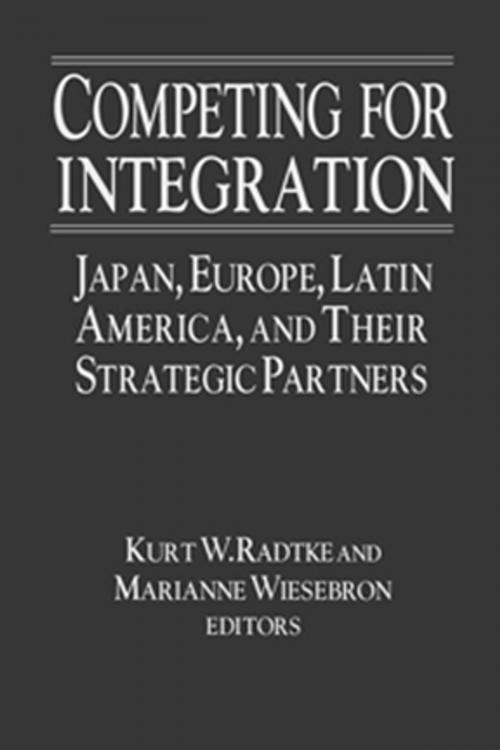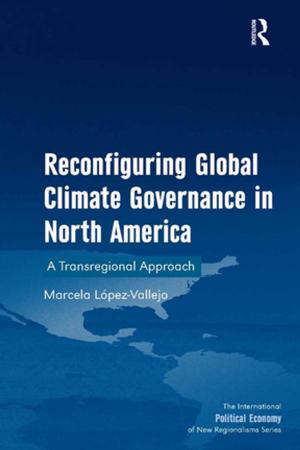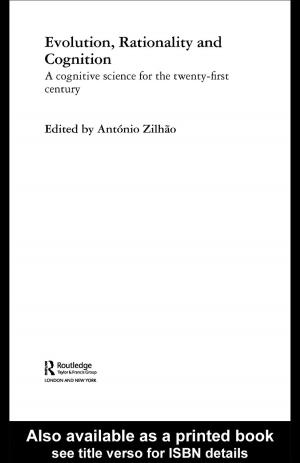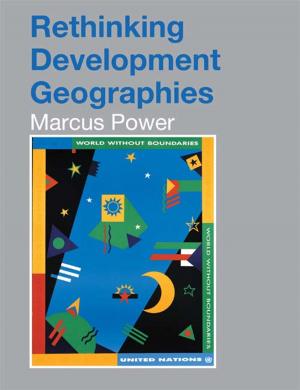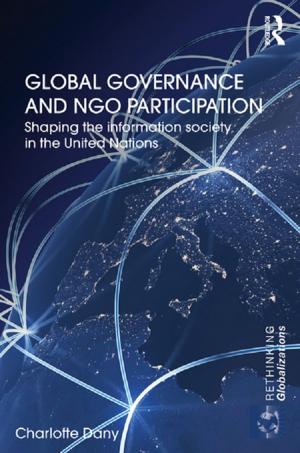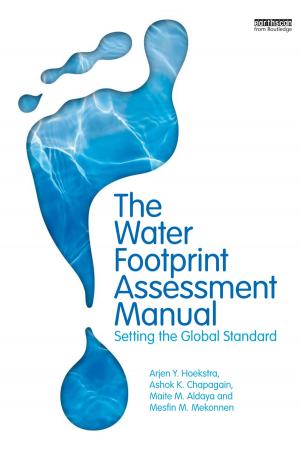Competing for Integration: Japan, Europe, Latin America and Their Strategic Partners
Japan, Europe, Latin America and Their Strategic Partners
Nonfiction, History, Americas, Business & Finance| Author: | Kurt W. Radtke, Marianne Wiesbron, Marianne Wiesebron | ISBN: | 9781315498836 |
| Publisher: | Taylor and Francis | Publication: | September 16, 2016 |
| Imprint: | Routledge | Language: | English |
| Author: | Kurt W. Radtke, Marianne Wiesbron, Marianne Wiesebron |
| ISBN: | 9781315498836 |
| Publisher: | Taylor and Francis |
| Publication: | September 16, 2016 |
| Imprint: | Routledge |
| Language: | English |
This study demonstrates why the global economy and global policies can only be understood by assigning equal importance to actors from different continents and international institutions. The contributors begin by examining the effects of reducing trade barriers through the WTO processes, and the implications for our understanding of market forces, the diminishing capacity of governments, consumer power, and the role of international agreements. They provide fascinating details on how the European Union and Japan develop their own strategies toward emerging Asian and Latin American states, quite separately from the United States.The focus then shifts toward integration processes in Latin America. The book concludes by attempting to make sense of the political principles underlying the complex economic policies of the main actors in today's global economy, focusing on development strategies offered by the World Bank.
This study demonstrates why the global economy and global policies can only be understood by assigning equal importance to actors from different continents and international institutions. The contributors begin by examining the effects of reducing trade barriers through the WTO processes, and the implications for our understanding of market forces, the diminishing capacity of governments, consumer power, and the role of international agreements. They provide fascinating details on how the European Union and Japan develop their own strategies toward emerging Asian and Latin American states, quite separately from the United States.The focus then shifts toward integration processes in Latin America. The book concludes by attempting to make sense of the political principles underlying the complex economic policies of the main actors in today's global economy, focusing on development strategies offered by the World Bank.
